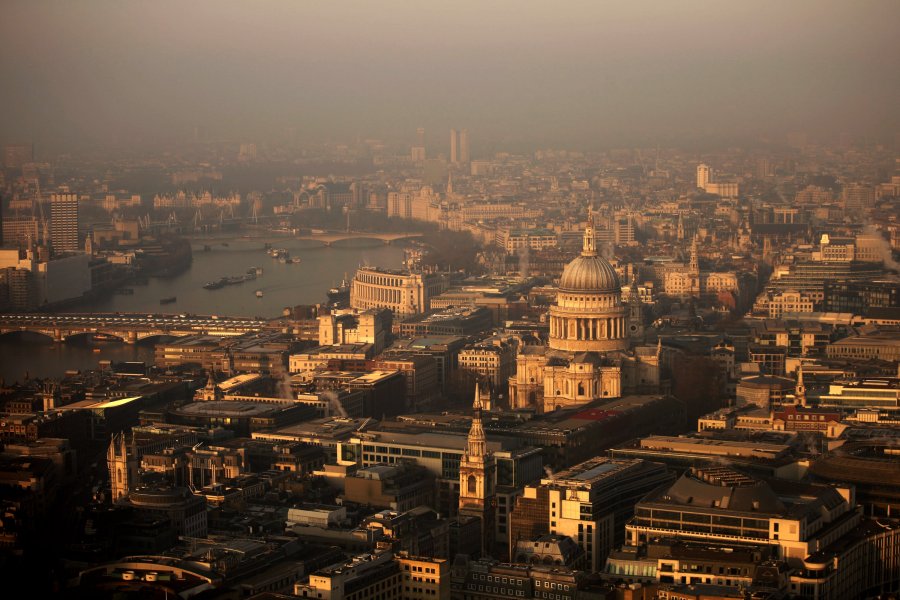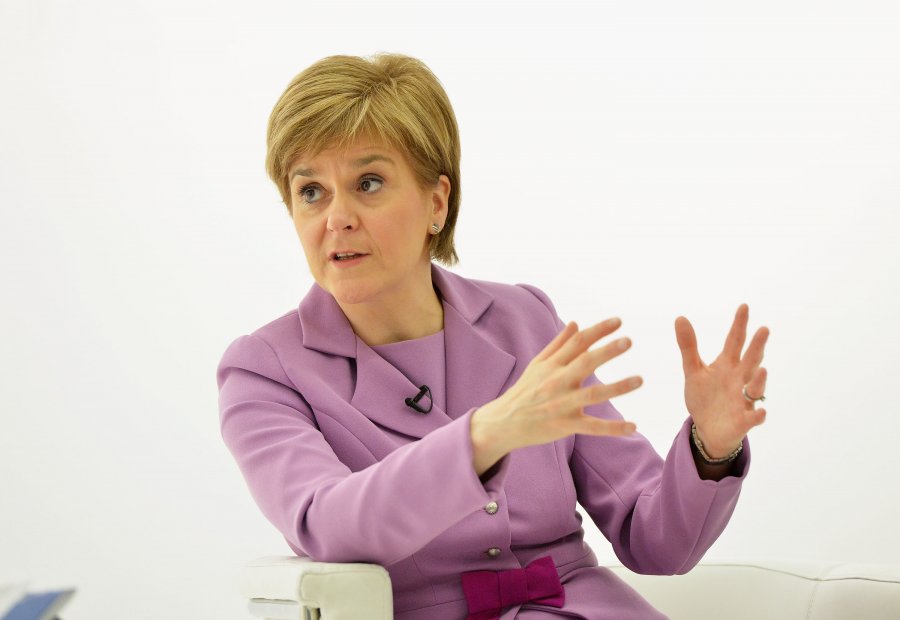EU referendum: Everything you need to know the morning after Brexit

It has been 24 hours since we received confirmation that the UK had voted to leave the European Union and Westminster, the country, Europe and the world are still in shock.
Whatever side of the debate you were on, the result was a surprise. Seconds after polls closed on Thursday evening Ukip leader Nigel Farage all but conceded, suggesting the Remain lead was insurmountable. Hours later he was telling reporters he was gearing up for an almighty day of celebration.
[custom id="161"]
So, it's the morning after, the dust hasn't quite settled just yet, but here's the headlines the morning after:
Conservatives

- David Cameron reportedly resigned because he couldn't face months of tortuous and embarrassing negotiations with Europe over the terms of the UK's exit.
- He is under pressure from Conservative MPs to get out of the way before October so the new negotiating team can get its house in order before putting its demands to Brussels.
- If the timeline Cameron outlined is stuck to, MPs will need to have voted on the two names that go forward to the members' ballot by the time parliament goes on its summer holidays in less than one month.
- MPs are on manoeuvres to rally around an "anyone but Boris" candidate, with home secretary Theresa May, who played the role of a reluctant Remainer in the campaign, the most likely opponent to the former London mayor.
Labour

- Jeremy Corbyn is facing his own crisis at the top of the Labour party, with a motion of no confidence set to be debated at Monday's meeting of the party's MPs.
- The Labour leader will deliver a defiant response to that development in a speech in London this morning outlining where the party goes from here.
- Leave campaigner and prominent Labour MP Frank Field called on Corbyn to step aside, but said there was no clear alternative, with both the left and right of the party susceptible to "clap-trap" ideology on areas like defence.
Europe

- European's top figures, led by Commission President Jean-Claude Juncker have called on the UK to begin the process of exiting the EU straight away. He wants Cameron – not his successor – to trigger Article 50, which sets the clock ticking on the two-year timeframe for negotiating an exit.
- Juncker also warned the UK and the EU break-up will not be an "amicable divorce", pointing out that it was hardly a happy marriage between the pair.
- Jeroen Dijsselbloem, president of the group of Eurozone finance ministers, said Brexit will trigger the demise of the City of London and said financial hubs such as Amsterdam and Frankfurt could steal business from the UK.
- According to German media the country is ready to offer the UK "associate" membership status of the EU, though giving the UK a swift and easy exit is seen by many as a problem since it could trigger a "domino effect" of referendums and exit votes across the continent
The economy

- Sterling crashed to a 30-year low yesterday in its biggest movement in a single session since it became a free floating currency. It has settled just shy of $1.37 for the weekend.
- All three credit ratings agencies downgraded the outlook on the UK economy and warned of prolonged uncertainty.
- A string of organisations and forecasters predicted UK economy to slump over the next 18 months, with many expecting the UK to tip into recession.
Best of the rest

- Nicola Sturgeon is holding a cabinet meeting this morning after she confirmed yesterday she will seek to hold a second independence referendum before the UK officially exits the EU.
- A petition to hold a second referendum on EU's membership has reached over 1.7m signatures meaning it will be considered for a debate in parliament.
- Gibraltar has roundly rejected calls from Spain for joint sovereignty after 96 per cent of its residents voted to Remain.
- Some of the Leave campaign's promises begun to – tentatively – unravel as divisions within the camp became clear. Nigel Farage, who has accepted that Brexit would probably hit economic growth, distanced himself from claims the UK will now have £350m a week extra to spend on the NHS. Conservative MEP Daniel Hannan told BBC Newsnight Brexit would not necessarily result in the end of free movement between the rest of the EU and the UK.